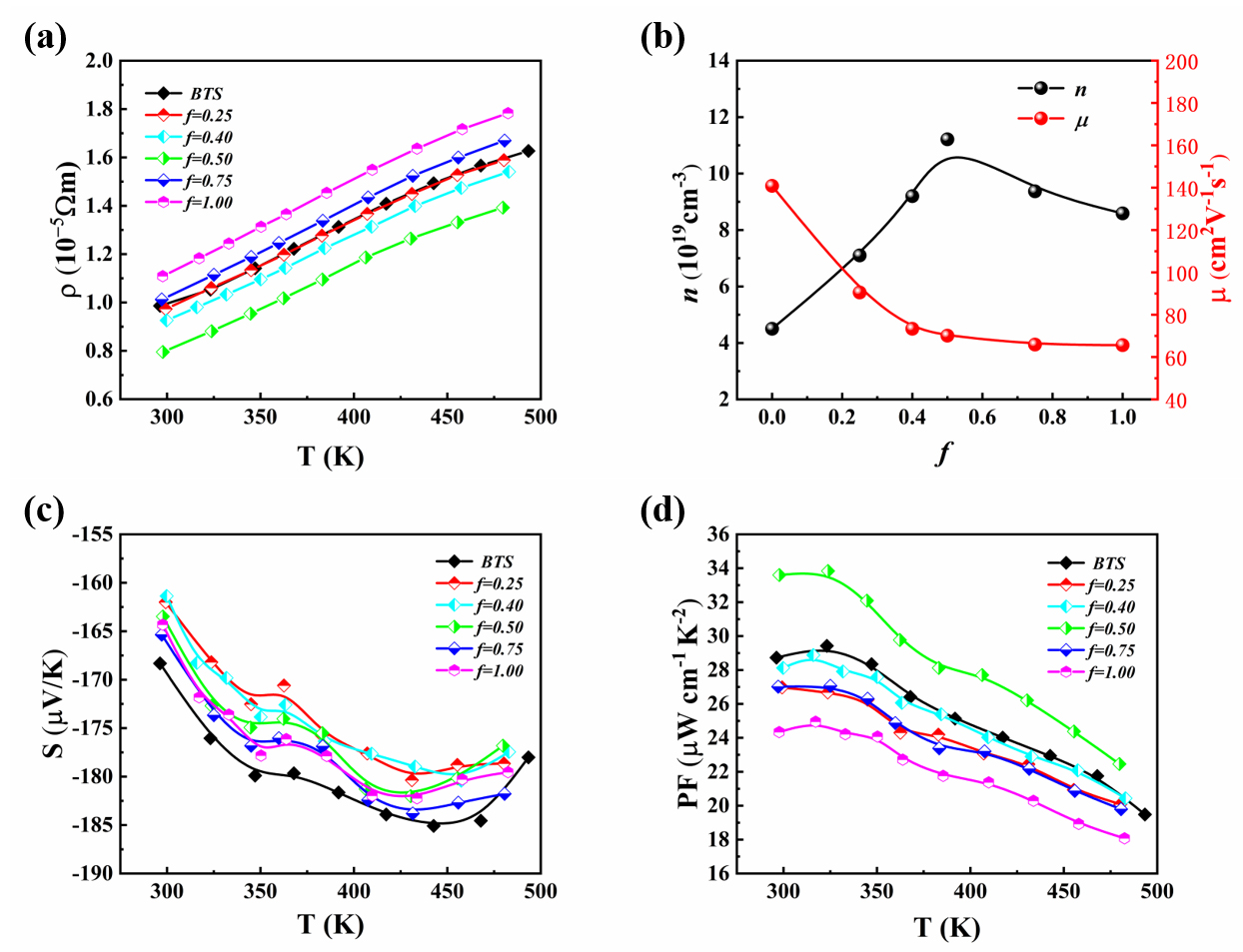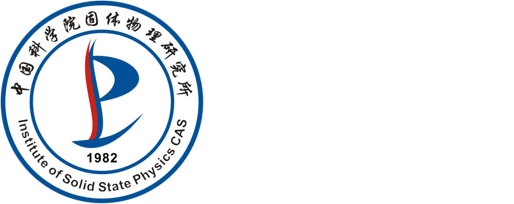Research
Scientists Enhance Thermoelectric Performance of Bi2Te2.7Se0.3 Through Nanoinclusions Successfully
| By
A research team led by Prof. QIN Xiaoying from Institute of Solid State Physics, Hefei Institutes of Physical Science, Chinese Academy of Sciences successfully enhanced thermoelectric performance of n-type Bi2Te2.7Se0.3(BTS) through the incorporation of MnSb2Se4 (MSS) nanoinclusions.
The results were published in Chemical Engineering Journal.
Thermoelectric technology has received significant attention as a potential solution to energy problems. However, the low thermoelectric value ZT and energy conversion efficiency of N-type bismuth telluride currently limit its widespread commercial application. Nano-engineering is a highly effective method for enhancing the thermoelectric properties of materials, but selecting an appropriate second phase can be challenging.
In this research, the team discovered that incorporating MnSb2Se4, a transition metal selenide, into BTS can yield remarkable results.
Incorporated MSS nanoinclusions has been shown to have multiple benefits. It could simultaneously increase the power factor (PF) that came from enhanced thermopower due to energy filtering effect and reduce lattice thermal conductivity originating from intensified phonon scattering by the dislocations.
The BTS/0.50wt%MSS composite sample demonstrated a maximum thermoelectric figure of merit (ZT) of 1.23 at 345K, and an average ZT of 1.15 within the temperature range of 300-473K.
Notably, these values represented an approximate increase of 48% and 42%, respectively, when compared to the matrix BTS. Additionally, the composite sample exhibited improved mechanical properties, as evidenced by a 17% increase in its Vickers hardness.
The results indicate that incorporation of MnSb2Se4 secondary phase is an effective way to improve thermoelectric performance and mechanical properties of BTS.
The group has made significant strides toward optimizing the thermoelectric characteristics of thermoelectric materials at room temperature. They found in 2022 that incorporating polyaniline nanoparticles into BTS matrix could enhance phonon scattering and decrease lattice thermal conductivity by 49% at 300K.
"This resulted in an 8% increase in power factor and a maximum ZTmax of 1.22 at 345K for the composite sample with 1.5wt%," said CHEN Tao, member of the team, "which is an attempt of organic compound, but also for the later inorganic-organic compound system research to lay a certain foundation."
The above work was supported by the National Natural Science Foundation of China, the Natural Science Foundation of Anhui Province and the President's Foundation of HFIPS.

- Attachments Download:
-
contact
Prof. QIN Xiaoying
E-mail: xyqin@issp.ac.cn


